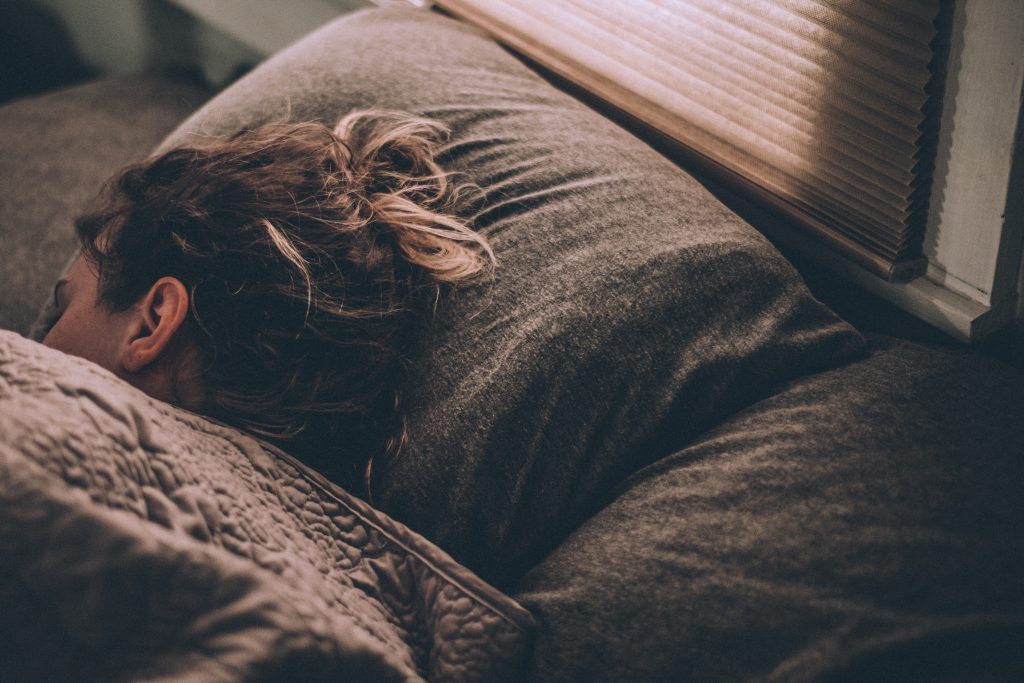
Atopic Dermatitis is a chronically itchy condition that can be both discomforting and distressing. The persistent itchiness, which often worsens at night, can prevent individuals from getting a peaceful and restful sleep after a tiring day. Imagine constantly feeling the urge to scratch throughout the night, leading to increased redness, bruises, cuts, and bleeds. This burdensome itch, coupled with incomplete sleep, can be exhausting for those suffering from atopic dermatitis.
Maintaining the skin’s moisture levels throughout the night is crucial, as disturbed sleep can negatively affect day-to-day activities, social life, and work life, leading to a lack of enthusiasm. The relentless itch not only exacerbates atopic dermatitis but also impacts an individual’s mental health.
Preparing and following a bedtime ritual can be extremely beneficial in such cases. Simple habits can drastically improve sleep patterns and reduce itching. These habits can include taking a nightly dose of prescribed medication, regular and repeated moisturization, and using prescription-strength cream on inflamed areas. Wearing covered cotton clothing or nightwear helps retain the skin’s moisture levels and makes the itchy areas less accessible at night. Keeping nails short and trimmed helps prevent damage from scratching and reduces the risk of secondary infections on scratch marks. Light yoga asanas before sleep can help alleviate mental stress and calm the mind.
Small changes can make a significant difference in managing atopic dermatitis and improving the quality of life for those affected.
We hope this article helps you. For further information or guidance, reach out to your GOQii Skin Coach.
#BeTheForce
References –
Legat FJ. Itch in Atopic Dermatitis – What Is New? Front Med (Lausanne). 2021 May 7;8:644760. doi: 10.3389/fmed.2021.644760. PMID: 34026782; PMCID: PMC8137993.
Lipman ZM, Labib A, Yosipovitch G. Current Clinical Options for the Management of Itch in Atopic Dermatitis. Clin Cosmet Investig Dermatol. 2021 Aug 3;14:959-969. doi: 10.2147/CCID.S289716. PMID: 34377004; PMCID: PMC8349193.
Disclaimer: The information provided in this blog is for general awareness and educational purposes only. It is not intended to replace professional medical advice, diagnosis, or treatment. Always consult a qualified healthcare provider for personalised medical guidance or concerns related to your health.




Leave a Reply